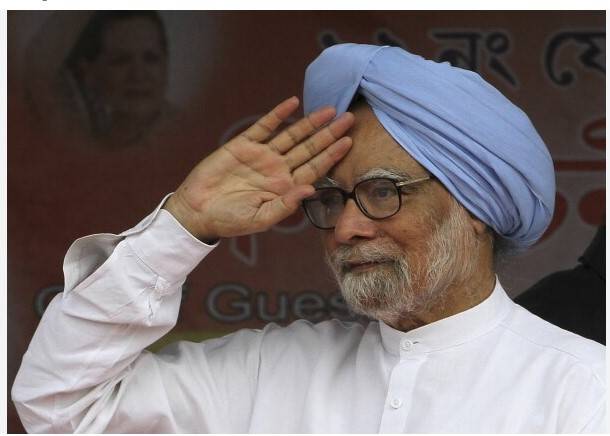India has declared seven days of state mourning following the death of former Prime Minister Manmohan Singh, widely recognized as one of the key architects of India’s economic liberalization in the early 1990s. Singh, who served as prime minister from 2004 to 2014, passed away at the age of 92 late Thursday evening at a hospital in New Delhi.
In a statement released on Friday, the Indian government announced that state mourning would be observed across the country until January 1. “As a mark of respect for the departed dignitary, it has been decided that seven days of state mourning will be observed throughout India,” the statement read. It also confirmed that Singh would be given a state funeral and that the national flag would fly at half-mast in his honor.
India’s cricket team, engaged in the fourth Test against Australia, paid their respects by wearing black armbands during the match.
While the exact date of the state funeral was not immediately confirmed, a senior member of the Congress party indicated that the ceremony would likely take place on Saturday.
An Understated Technocrat
Manmohan Singh was a reserved technocrat who is best remembered for overseeing India’s economic boom during his first term in office. Under his leadership, India’s economy grew at an impressive rate, making it one of the fastest-growing economies in Asia. However, his second term was marred by corruption scandals, a slowdown in growth, and high inflation, which significantly tarnished his political legacy.
Singh’s second tenure and his leadership, alongside the lackluster performance of Congress party leader Rahul Gandhi, contributed to the sweeping electoral victory of Prime Minister Narendra Modi in 2014.
Born in 1932 in Gah, a small village that is now part of Pakistan, Singh had a lifelong dedication to addressing poverty through economic reforms. Despite never holding an elected position, Singh went on to become one of India’s most influential leaders. He won scholarships to Cambridge University, where he earned a first in economics, and later completed his doctorate at Oxford University.
Over the course of his career, Singh held various senior civil service positions, served as the governor of India’s central bank, and worked for international organizations like the United Nations. In 1991, during India’s worst financial crisis, then-Prime Minister P.V. Narasimha Rao appointed Singh to steer the country out of the crisis, marking the beginning of India’s economic transformation.
In his first term as prime minister, Singh navigated the economy through a period of significant growth, with a nine-percent GDP growth rate, and elevated India’s global standing. He also brokered a historic nuclear deal with the United States, which he believed would help India meet its growing energy demands.










